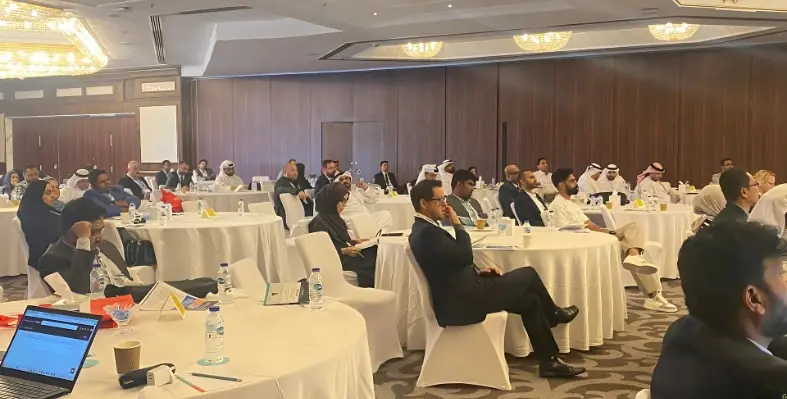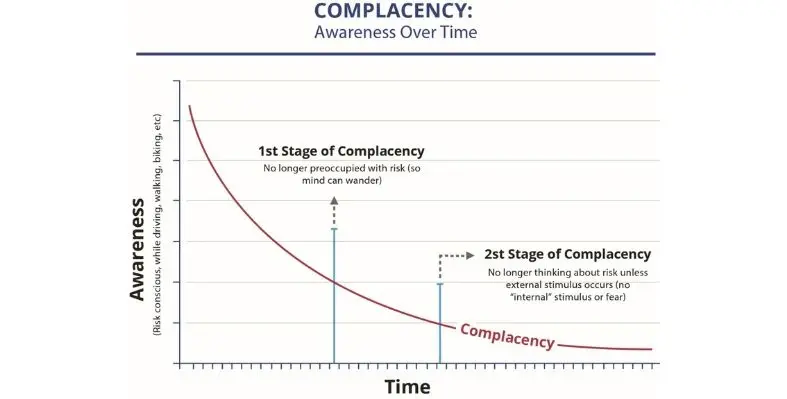London-headquartered Mimecast Limited, email and data security company, has announced the availability of the Mimecast Threat Intelligence Report: RSA Conference Edition
The report is designed to provide technical analysis from Mimecast threat researchers on major campaigns carried out by threat actors, trends that are emerging from these attacks, and an assessment of likely future trends given threat actors’ current behaviour, events and technology.
The report uncovers the resurgence of Emotet as well as a combination of simplistic, low effort and low-cost attacks, and highly complex, targeted campaigns.
Additionally, Mimecast has launched the Mimecast Threat Intelligence Hub to house specific threat intelligence insights, reports and vulnerability discoveries from the Mimecast Threat Intelligence Research Team.
The Mimecast Threat Intelligence Report: RSA Conference Edition provides an analysis of 202bn emails processed by Mimecast for its customers during the period from October through December 2019, 92 billion of which were rejected.
The team discovered and examined four main categories of attack types throughout the report: spam, impersonation, opportunistic and targeted.
Attacks targeted a wider range of companies across various sectors
The one sector that was particularly targeted this quarter was the retail industry, accounting for almost a third of the most significant campaign activity conducted by threat actors globally. However, given the holiday gift-giving season from October to December, some of this increase was to be expected.
The most prominent observation of this quarter’s research was the widespread global deployment of the Emotet “dropper” banking malware, which had been seemingly inactive the previous four months. There were 61 significant campaigns identified, marking a 145 per cent increase over the last quarter despite fewer emails being analysed during the period.
“It’s no surprise that threat actors are using a combination of simplistic and sophisticated attacks to gain access to organisations. That’s also likely why we saw such a huge spike in the recently dormant Emotet campaign – they’re attempting to gain as much attack space as possible to land other sophisticated attacks or hold organizations hostage,” said Josh Douglas, vice-president of threat intelligence at Mimecast.
























